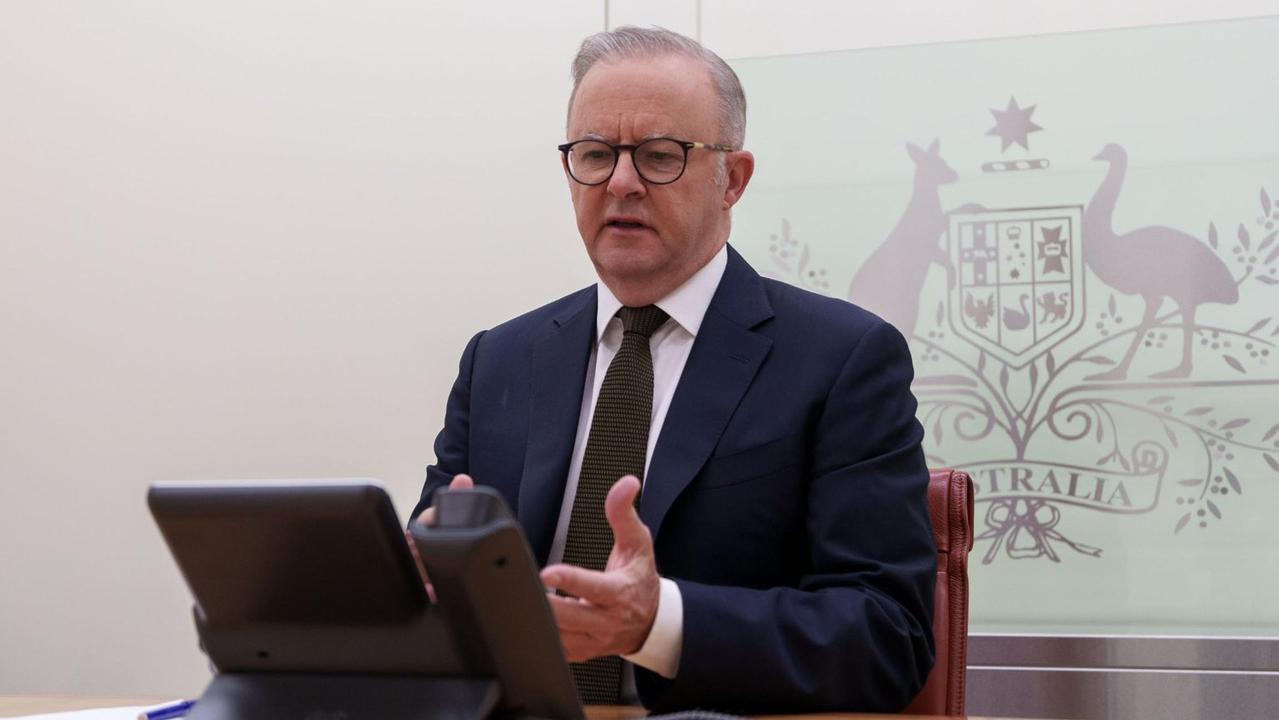Coronavirus: Migrant influx ‘critical’ to post-pandemic revival
Despite the bloated pool of unemployed, employers are struggling to find the applicants they need.

Employers say a lack of skilled workers has emerged as a major obstacle to businesses ramping up operations and hiring more Australians, and getting access to qualified migrants will be a critical part to the country’s post-COVID recovery.
Despite the fast-paced economic rebound over the second half of 2020, the economy remains smaller than it was pre-pandemic, and unemployment higher. More than 1.2 million Australians were on JobSeeker in January compared with 725,000 on unemployment benefits before the pandemic struck, the Department of Social Services says.
This Thursday’s labour force statistics are expected to show an extra 30,000 net jobs were added in February, which would bring the unemployment rate down from 6.4 per cent to 6.2 per cent, according to CBA estimates.
Despite the bloated pool of unemployed, employers are struggling to find the applicants they need.
Liberal MP Julian Leeser, who chairs a parliamentary committee looking into skilled migration, said the nation was “facing a shortage of skilled labour almost unprecedented in our history, and we can solve this through skilled migration”.
Evidence presented by employer group Business NSW to that committee revealed that close to half of its members in December were reporting skills shortages.
The pressure was most acute in the state’s fishing, forestry and agriculture sector, where more than 70 per cent employers were struggling to find suitable staff. As the Morrison government’s HomeBuilder scheme supercharges residential building and renovation activity, 68 per cent of employers in the construction industry reported skill shortages.
About six in 10 manufacturing and food and accommodation firms in NSW also said they were struggling to fill skilled vacancies.
The chief executive of industry group Restaurant and Catering, Wes Lambert, said a lack of experienced chefs and restaurant managers was acting as an impediment to hospitality businesses reopening or expanding, and therefore hiring.
This was exacerbated by the exodus of about half a million temporary visa holders at the start of the pandemic.
With only permanent residents and citizens were eligible for JobKeeper, Scott Morrison last March told temporary visa holders without work to go home.
Mr Lambert said many of the 12,000 foreign chefs and front-of-house managers would have left, leaving a hole in the workforce that businesses are struggling to fill.
Cubby’s Kitchen owner Anthony Watmough said he had spent months trying to hire staff for his two Lebanese restaurants.
Before the pandemic, the Sydney CBD restaurant was typically fully booked through the year, but now operates on reduced hours between Thursday and Saturday.
With activity in the city centre “slowly picking up”, Mr Watmough said a lack of available skilled staff had left the restaurant at a “standstill”.
“We want to open more days in the city but we can’t find the extra staff members to do the hours,” he said.
“We’ll only open back up as much as we can handle — I can’t push staff to the point where people will break.”
The former Manly-Warringah Sea Eagles rugby league star said he opened the Bondi Beach location in November, betting that business there could hold up better than in the city, but finding staff proved an unexpected challenge, and access to foreign workers had now become crucial.
The number of people starting food industry vocational training has plunged by 40 per cent between 2016 and 2020, according to the National Centre for Vocational Education Research.



